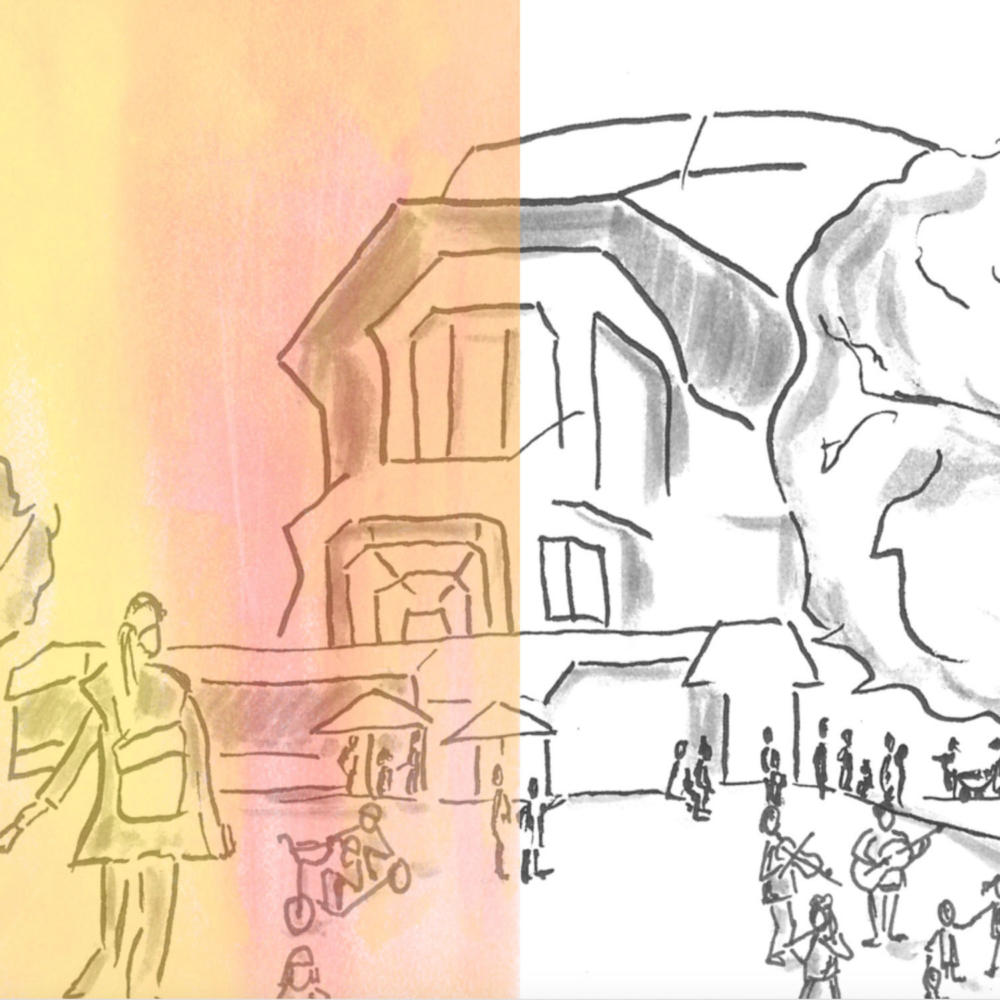Shaping life together
Family? What does that mean? How do we want to live together? Nothing is set in stone anymore; no one wants to live according to old rules and rigid patterns. The series of Family Festivals organized by the Social Science Section opens up spaces for sharing views on ‘family today’.
We want to be free, make our own decisions, take up our destiny, conquer the world. We have brought our destination with us. It is in us – as is our freedom; no one can tell us how we should live.
This is how we live our lives today. And yet, we don’t want to be hermits or monads, we don’t want to go through life alone. A world of loners would be cold, alien and empty; it would remain infertile. We humans are not solitary beings but relational beings; we need each other – as we need air to breathe and light and food to live.
And the children need us more than anything; they want and need community. With the growing individualization and the growing strength and will in each of us to live a self-determined life, the task of shaping our co-existence consciously and in a good way also grows and gains ever greater urgency.
The basis of human co-existence
The question therefore is: how can we live? How do we want to realize family? This is a crucial question, both for our life and the future of life and of humanity as a whole. The family is the seed of life, the basis of human co-existence. It protects our body, life and soul. It is there from birth to death, carrying us, enveloping us. It is at the same time a gift, destiny and a task. It is nothing ready-made or given but something we keep forming anew, again and again.
Particularly during the pandemic, a time that was so challenging for so many people, we were able to experience how essential this closest personal environment is, this space where we support, accompany and carry each other, where we can care for and be there for one another, look out for one another, give each other love, affection and trust and where we develop through and with one another.
However, family can not only develop but also hinder development. It can become a cage, hell even. Many have experience of this. Many are therefore afraid to start a family because they do not want to do to their children what was done to them.
In the past, family worked according to given rules. The roles of man and woman were prescribed. One’s own worldview was not important, nor one’s own goal and happiness, but the structure and roles imposed by the state, the church, economic coercions and the ideas of the world around and of relatives.
These forms were passed on from generation to generation for a long time, through what was taught by the elders, by the priest or also in books that instructed the partners in detail on their roles in marriage, in the family and on their gender-determined duties.
Finding one’s task, free and self-determined
Luckily, this is different today as there is no longer one fixed picture of family. The rigid form has been broken up, the roles that used to be firmly allocated have become exchangeable and more permeable. Men can now be gentle and vulnerable; women can be confident and decisive. The division of tasks and labour is no longer predetermined but can be freely discussed and changed.
Not every family now follows the traditional ‘dad, mum, child’ pattern. Many are single parents, there are same-sex couples and patchwork families, some choose large or multi-generation families, start living communities or move to eco villages.
There is no objective benchmark, no right or wrong. Only questions such as: What are our experiences? Who are we and our partners? What do we need? What are we learning? What do our children need?
The questions have grown bigger and more difficult. Precisely because there is no longer the one way of living that has been passed on through the centuries and because there are different forms, the question ‘How do I want to live’ is gaining ever greater urgency. Or the question ‘How can I find my task, my way in life, in freedom, out of myself and at the same time find, experience and offer attachment, faithfulness and reliability?
Children above all need both: self-determined and reliable adults. How can we live this reliability together without being imprisoned by rigid expectations, moral judgments or predetermined forms? Can we give others freedom and support them? Can we develop with and through each other?
These and similar questions we will address together and invite you to come to the Goetheanum in the summer, the most beautiful season when the park is in full bloom, offering a wonderful backdrop for our Family Festival.
Family Festival Shaping life together, 29 July - 1 August 2023, Goetheanum

